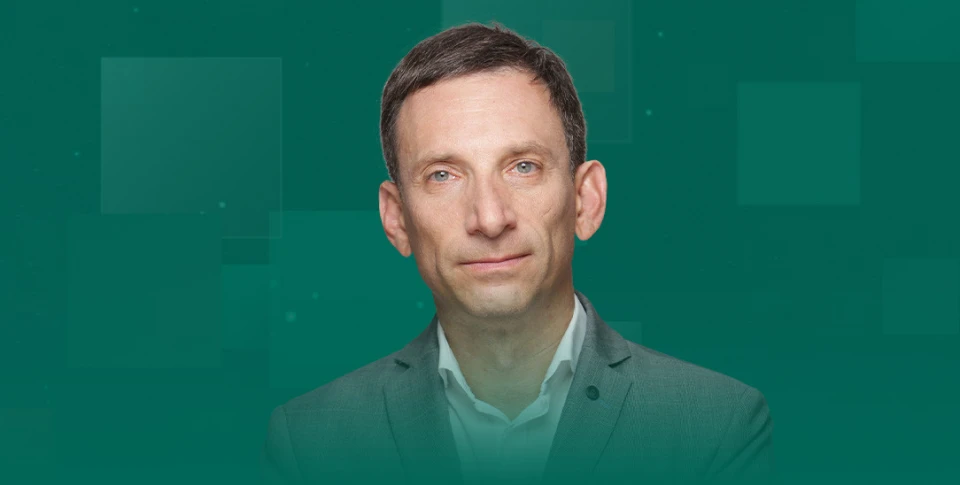
Putin's regime at risk: Russia running out of reserves, war funds
Bloomberg reports that Russia's National Wealth Fund reserves have decreased by 57% over three years of the war. The fund now holds only $37 billion
By the end of 2025, if Russia continues spending at the same rate on the war and maintaining social standards, the National Wealth Fund will be depleted. This would mean that from 2026 onwards, Russia would have to rely solely on revenues from oil and gas sales, which poses significant risks for Vladimir Putin's regime.
In this situation, Moscow will be dependent, first, on global oil prices; second, on oil price ceilings that may be set by the West if the war continues; and third, on sanctions against Russian energy giants, which have already been imposed by the current U.S. administration and could be maintained or strengthened by a potential Donald Trump administration. It is known that the newly elected president supports the development of the U.S. oil and gas sector and does not want competitors.
Fourth, it depends on the effectiveness of Russia's so-called "shadow fleet" – tankers that the U.S. has already started sanctioning. These sanctions force countries like China and India, the main consumers of Russian oil, to avoid sourcing from these tankers. As a result, Russia will need to find new ways to supply oil to "third-world" countries in the Global South.
Fifth, much will depend on Europe's continued willingness to import Russian liquefied gas. There are already real problems related to the readiness of European countries to completely abandon energy cooperation with Russia.
We understand that in this situation, relying solely on earned money will not ensure social stability in Russia, even if the Russian-Ukrainian war ends. The key issue is that nothing can be planned now, as the Russian budget relies on both expected oil revenues and the National Welfare Fund. This means that if oil revenues are not as high as anticipated in the federal budget, some of the shortfall can be covered by reserves.
Without reserves, Russia is facing problems similar to those the Soviet Union faced during its final years and the first decade of so-called Russian independence. The "Boris Yeltsin era," which Putin tries to portray to the public as the "damned 90s," was not only a time of conditional Russian democracy but also a period of rapid impoverishment for the Russian population due to a lack of reserves and low oil prices.
The key question arises: what will Putin do with the Russian-Ukrainian war in such a situation? Will he continue it until the funds in the National Welfare Fund are completely depleted, then shift focus to a ceasefire, or will he seek to end the war earlier, leveraging a potential change in U.S. leadership and the willingness of new U.S. president Donald Trump to engage with the Kremlin?
Indeed, there is no definitive answer to this question, as it is difficult to predict what is going on in the mind of the Russian president and how he perceives the actual reserves in the National Welfare Fund. While Bloomberg estimates that the money might run out by 2026, Putin's perspective on this situation remains unclear.
Putin may hope that the reserves will last through 2025 and 2026, allowing him to wait for the end of the war and settle the conflict with Ukraine on more favorable terms than those he could obtain from Trump. For example, he might aim to occupy more Ukrainian territory, which remains his current objective.
If Bloomberg's assessments align with those of Kremlin economists and are accepted by the Russian president, it can be concluded that Putin will look for opportunities to suspend the war with Ukraine this year. This could be a key topic in his negotiations with Donald Trump if such a meeting takes place soon.
We clearly understand that as long as Russia has certain reserves, Putin can present ultimatums, hoping that they will be accepted by the American side. Bloomberg also reported on these conditions, stating that Putin is determined to maintain control over the occupied territories of Ukraine and secure guarantees regarding Ukraine's permanent neutral status, as well as the reduction of its military and weapons supplied by Western countries once the hot phase of the Russian-Ukrainian conflict ends.
If we agree with the assumption that Putin is considering such terms, based on the state of Russia's finances, then the situation appears quite logical. Putin understands that in the coming years it will be harder for him to sustain the current level of conflict, and he may be willing to end the fighting in order to turn Ukraine into a state that is unable to independently resist Russian aggression. This would likely involve Ukraine giving up control over its own territories and agreeing to joint conclusions between the US and Russian presidents on how to end the conflict initiated by the Kremlin.
In this situation, Putin, who is primarily focused on conserving resources, particularly financial ones, and on suspending the war, could turn his disadvantageous position into a favorable one. This would be due to the stance that the new American administration may take on ending the Russian-Ukrainian war, allowing Putin to leverage the situation to his advantage.
About the author. Vitaly Portnikov, journalist, Shevchenko National Prize winner.
The editors do not always share the opinions expressed by the blog authors.
- News











































